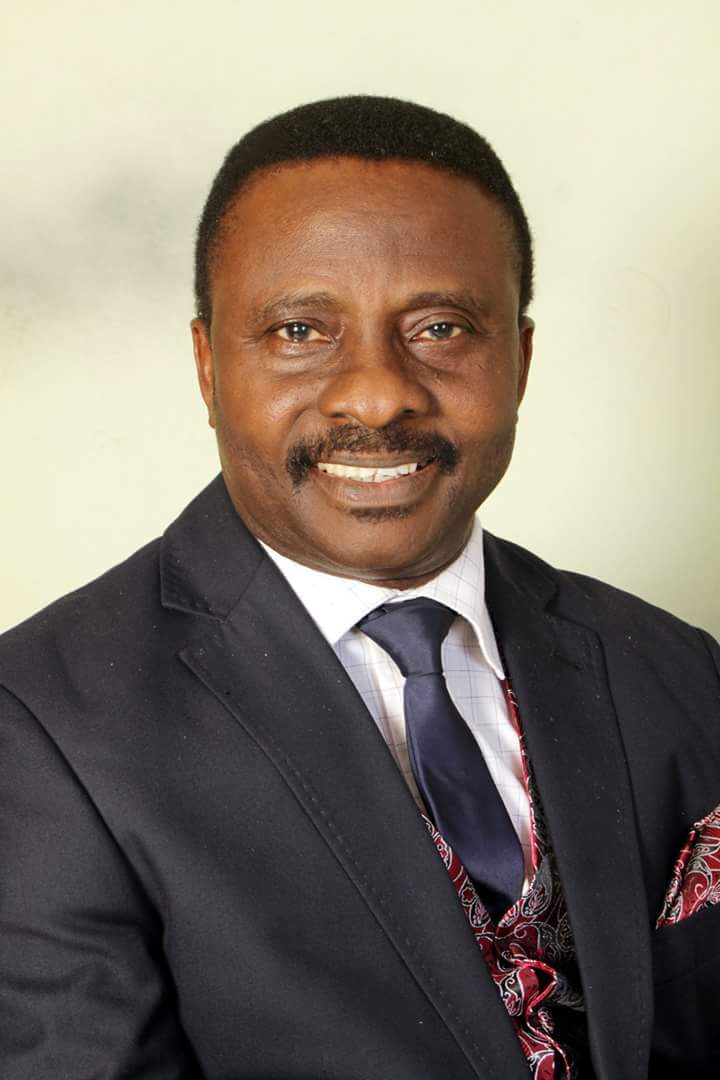[ad_1]

The President, Christian Association of Nigeria (CAN), Samson Ayokunle, has traced the incessant religious riots in Nigeria to the absence of History, Civics and Inter-religious Education in schools across the country.
He made the this known while delivering a paper on Interreligious Education And Common Citizenship Values at an Interfaith Seminar organised by King Abdullah Bin Abdulaziz International Centre For Interreligious And Intercultural Dialogue (KAICIID) in Vienna, Austria on Tuesday.
Ayokunle, who urged the federal government to introduce inter-religious studies at all levels of education with a view to reduce the menace of religious violence and its attendant problems in the country, appealed to all religious groups and the government to wake up to their responsibilities in this regard if religious violence will become history.
“In those days in Nigeria when we used to study history and civics in primary and secondary schools, basic knowledge of at least Christianity and Islam were taught, but today, when history is no longer taught, Inter-religious education has become more difficult.
“This to an extent may be responsible for a surge in religious violence more rampart now in Nigeria. All religious groups in Nigeria in particular and the globe in general must make concerted effort towards government’s inclusion of Inter-religious Education in the schools curricula,” he said.
According to him, “All over the world, the current trend is that educational institutions – colleges, universities (many are not religiously affiliated!) and even certain seminaries – are actively looking for ways to respond to the issues of education in a religiously multi-faceted world.
“They seek to entrench a transformational process through which students could be educated to become global citizens with an understanding of the diversity of religious traditions and with strategies of pluralism that engage diversity in creative and productive ways. Obviously, inter-religious education is increasingly essential for equipping people to be citizens of the world.
“Therefore, from a societal as well as pedagogical point of view, all academic institutions irrespective of their theological affiliation or inclination should be obliged to foster a religious dimension to citizenship.”
Ayokunle further said Interreligious education contributes effectively in the formation of people’s and societies’ religious identities, as well as in shaping perceptions about the other.
[ad_2]
Source link
